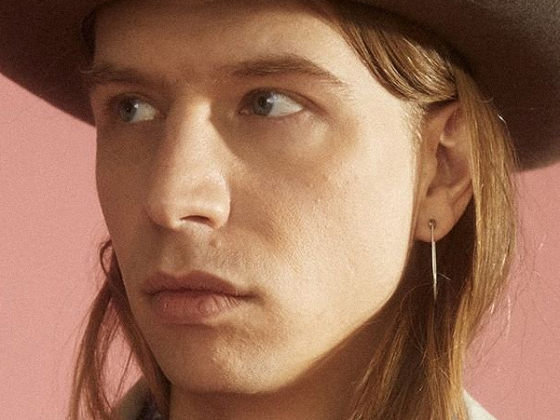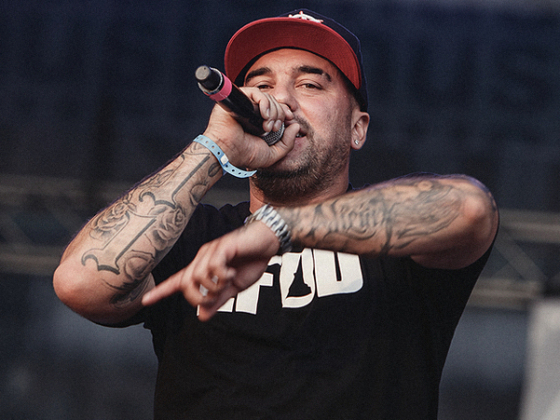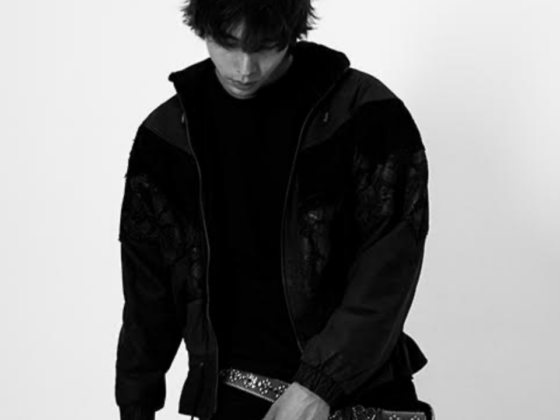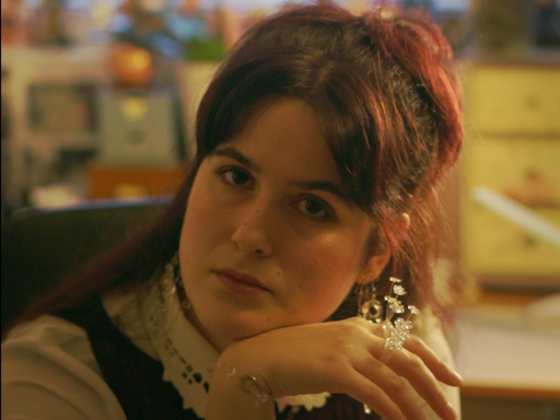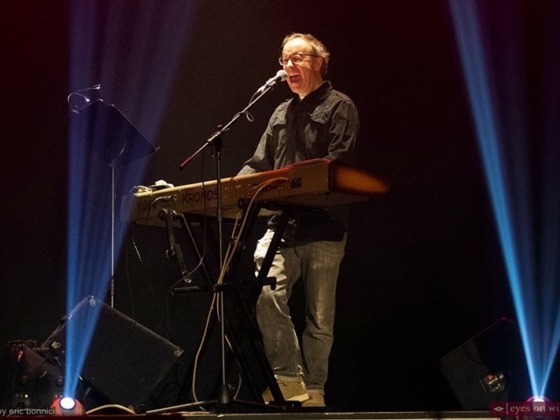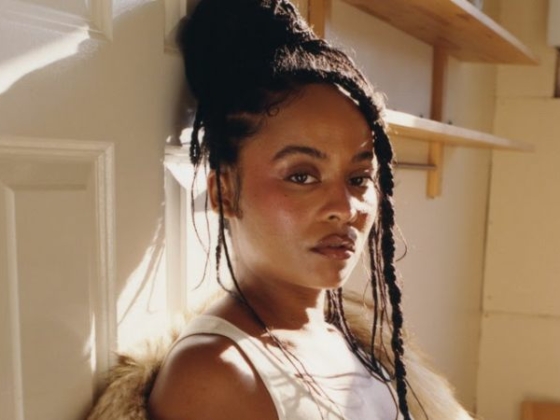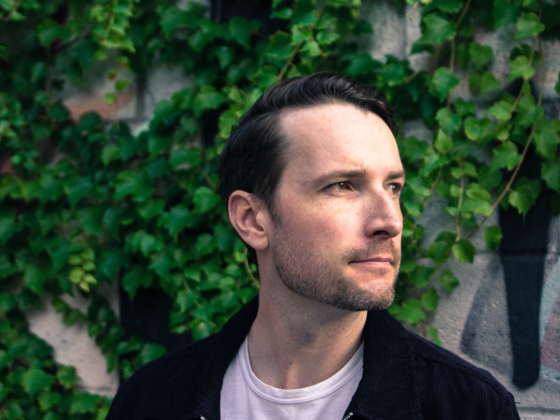I am not an American. Most of my childhood roots are dug in on a different continent with a resoundingly divergent culture from the western life I now lead. And yet, when I listen to Angelica Garcia, I begin to understand—slowly and then all at once—what it means to be American. What Garcia taught me that no hit sitcom ever could was resilience. Attitude. A determination to put your stake in the ground and claim what's yours. Hell, she even impressed Barack Obama. And if that's not enough to put her on your radar, then her satisfyingly dynamic sophomore album Cha Cha Palace will surely change your mind.
Garcia isn't the type to tiptoe around her feelings or censor her thoughts. She explodes onto the sonic melting pot of indie rock and latin rhythms, voice sharpened to a steely edge. Admittedly, when I was dialing Garcia's number for our scheduled chat, I caught myself feeling nervous. She was an enigma of diversity and eccentricity, wearing her Mexican and Salvadoran roots proudly, intimidating all those who did not share the same background—including myself. But when she picked up the phone, voice a little nasal from the cold she was fighting through, it became instantly clear to me that we had more in common than I ever imagined. "I'm in a pile of blankets and we have become one," she laughs as we settle in to discuss her sophomore release.
Perhaps one of the most prominent influences on the album is rock. While teased in bits and pieces in her earlier work, it takes full form on Cha Cha Palace, shaping tracks like "It Don't Hinder Me" and "I Don't Believe in Death" with its loud drums and raucous guitars. Inspired in part by her new partnership with producer Eddie Prendergast, whom she met as a concertgoer in Richmond, VA, where he was performing in a salsa band. "To me, not only was it rare to hear just latin music in this city but also super rare to see someone combine genres like that. And I immediately was like, 'do you want to play bass on one of my songs?'". Which he did in fact do on the brazenly witty track "Karma The Knife".
Of course, it's impossible to talk about the album's influences without mentioning East L.A. Though she's since moved to Virgnia with her family, her stature as a musician is still very much rooted in the neighbourhood she grew up in. It's in the jubilant horns, the punches she throws with her vocals, and even in the lyrics themselves—"Born of the bones from under East LA / Cultura Chicana is alive today!". It's a tempestuously vibrant culture that she takes care to uphold with contemporary renditions of salsa and tributes to prominent cultural figures Our Lady of Guadalupe and La Llorona. But even though it's loud and demanding, she never gets lost in its multi-coloured folds, maintaining the autonomy of her own voice. "My grandma definitely wishes I sang in Spanish more," she admits. "'Cha Cha Palace' has been my way of trying to embrace the community and the house that raised me but also trying to do it my way. To acknowledge my independence."
Part of keeping her latin heritage alive, apart from the infectiously sizzling arrangements, is succumbing to the vulnerability of her emotions. I keep going back to the power of her voice, the way she wields it like a sword, slashing through steelpan notes and bass hums. At times angry and at others playful, but rarely subtle or inflicted with self-doubt. "I really worked hard to pin all the things that frustrated me, the things I was passionate about and write them down. Every time I go to record a song I go through the lyrics first. My job is to embody that sentiment and that feeling [captured in the lyrics]. Something my mom used to tell me when I was a child— she would stop me when I was singing and say 'do it again' and then go 'no I didn’t believe you'. If you’re going to say something, people have to believe you and you have to believe it yourself."
Belief can be found all over Cha Cha Palace. It's what makes it cohesive despite the eclectic mix of instrumentals and recording styles. It's what makes me smirk knowingly at the line "If you stop eating tortillas maybe you'd lose weight!" rather than ponder its relevance. And it's what makes this 26-year-old's rise to critically acclaimed fame an inevitability, not a question.
Connect with Angelica Garcia: Twitter|Instagram|Facebook|Spotify


